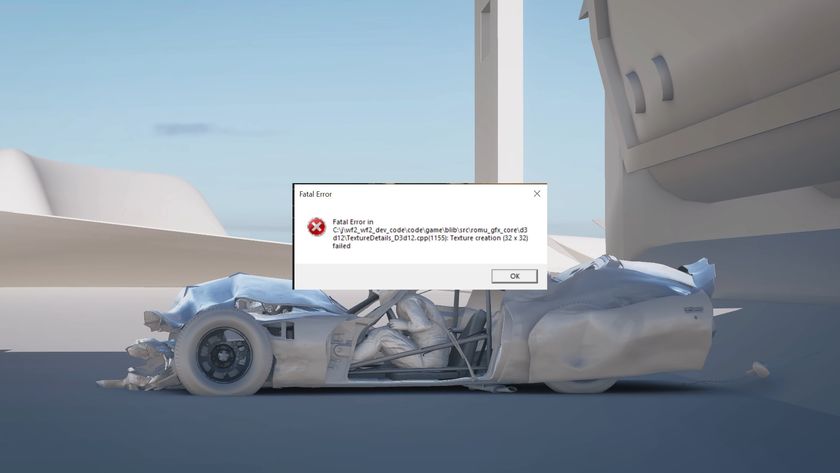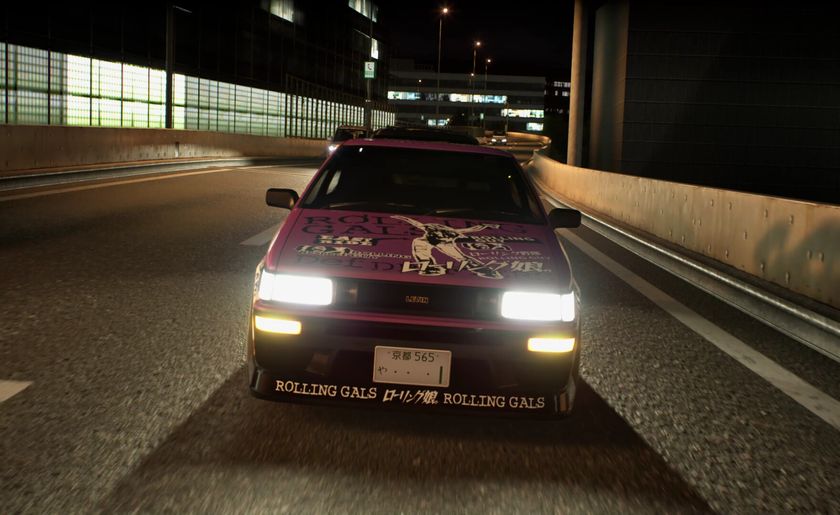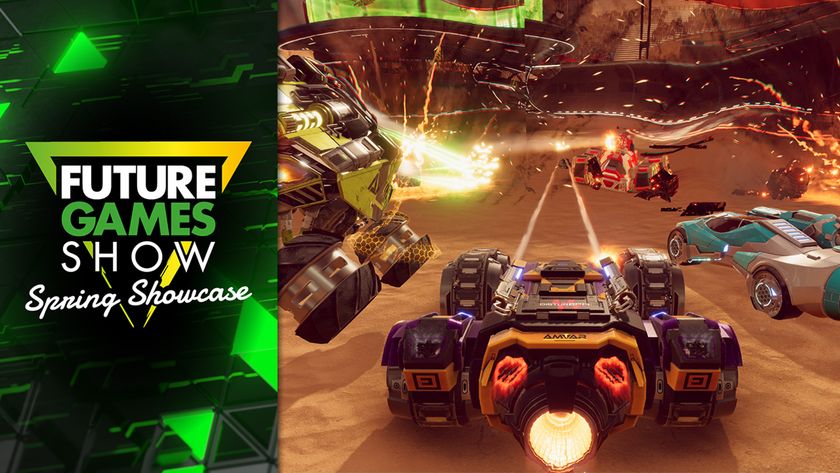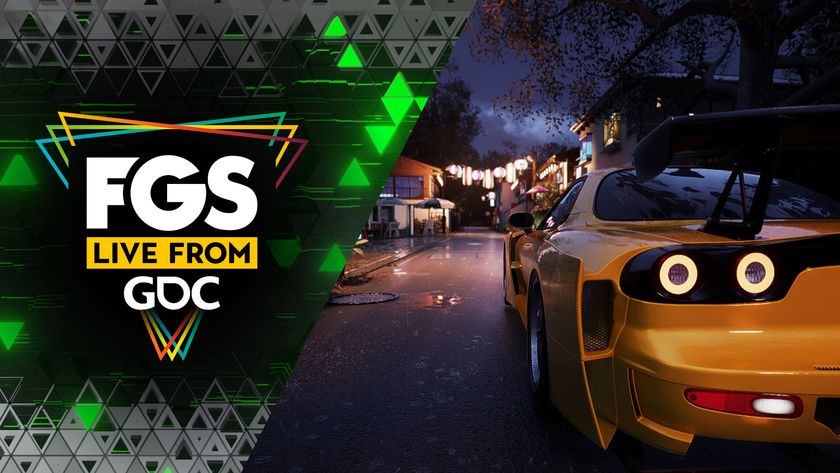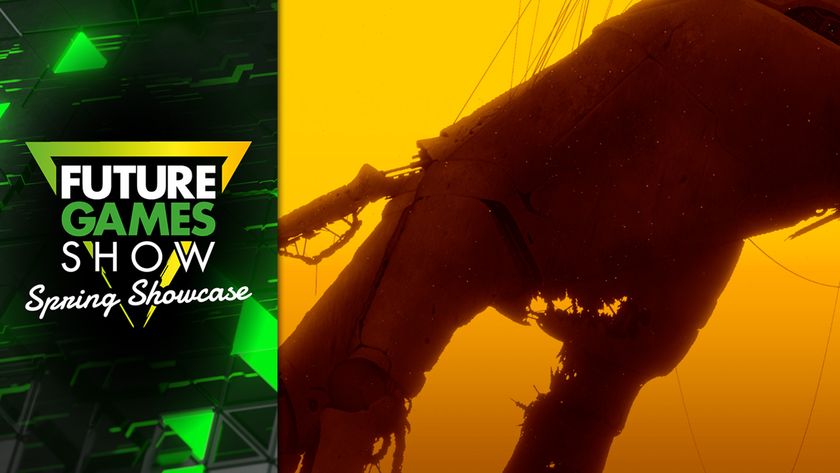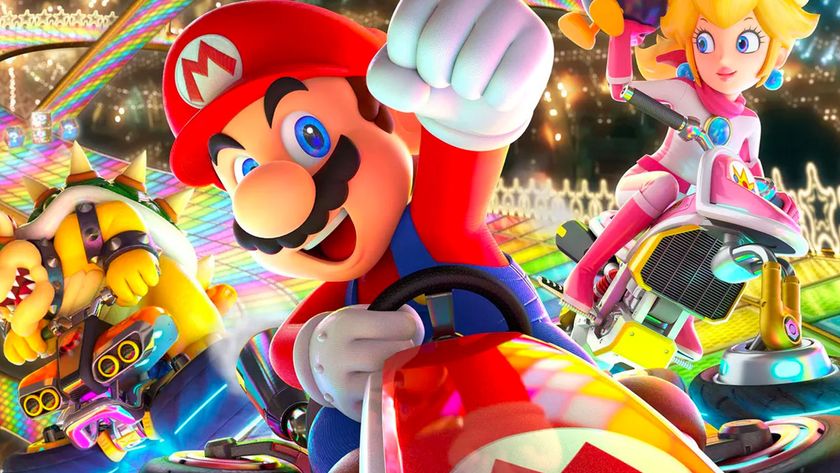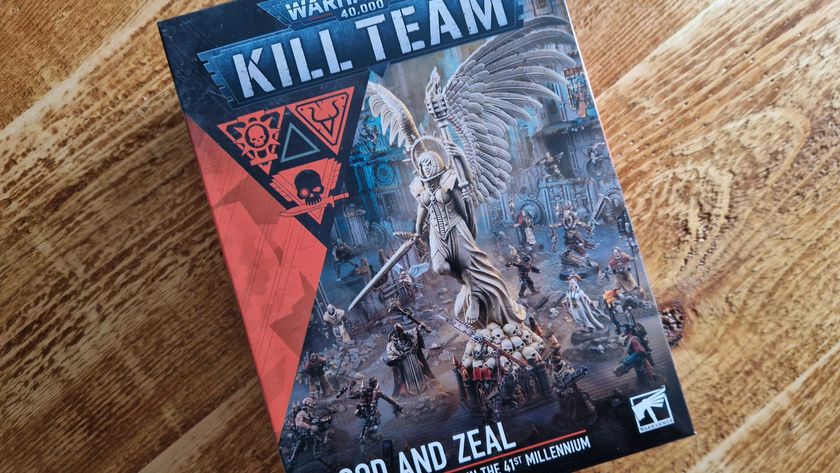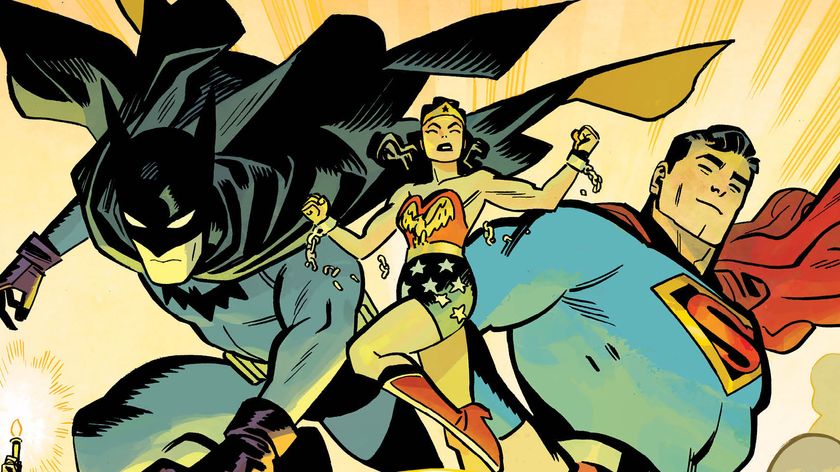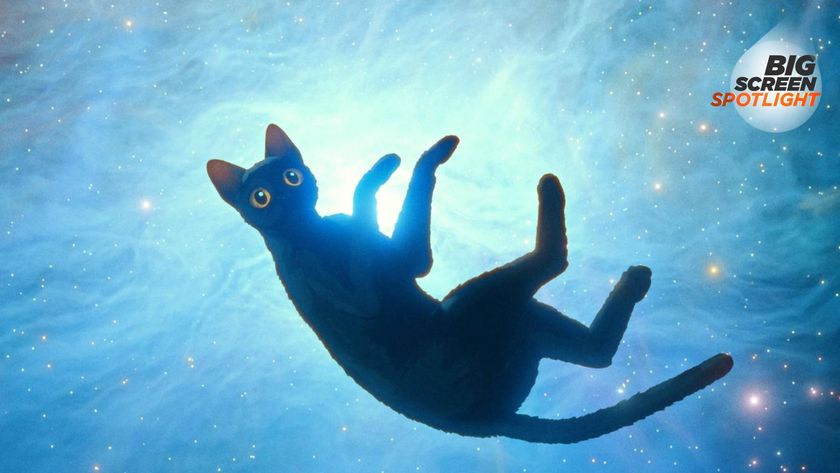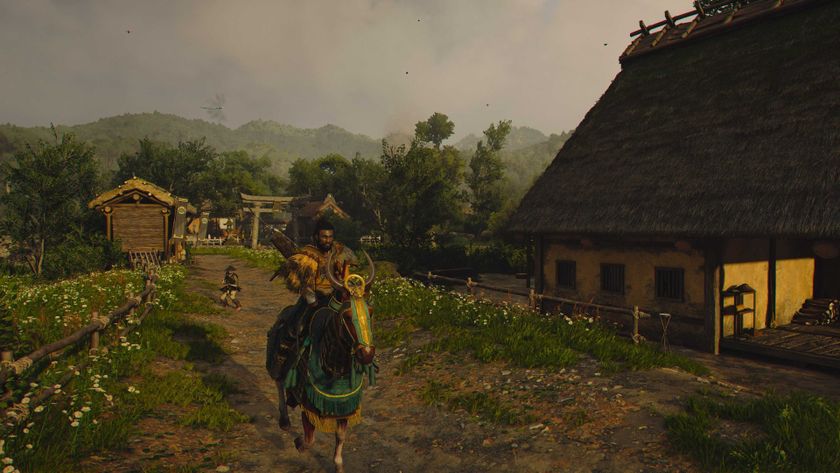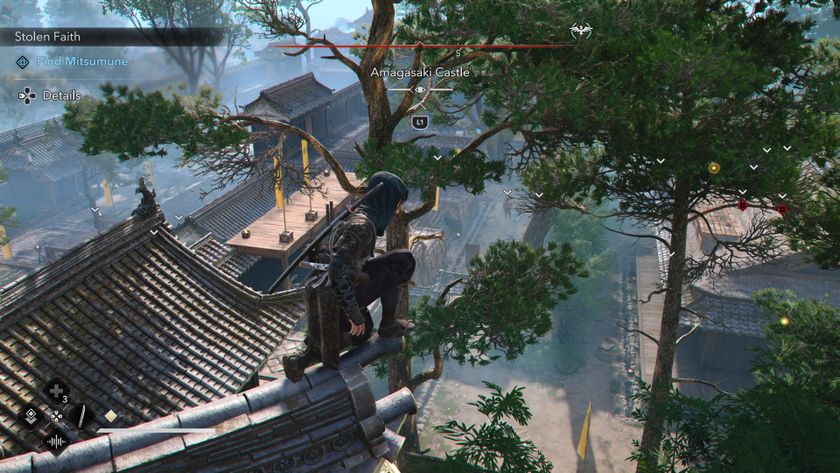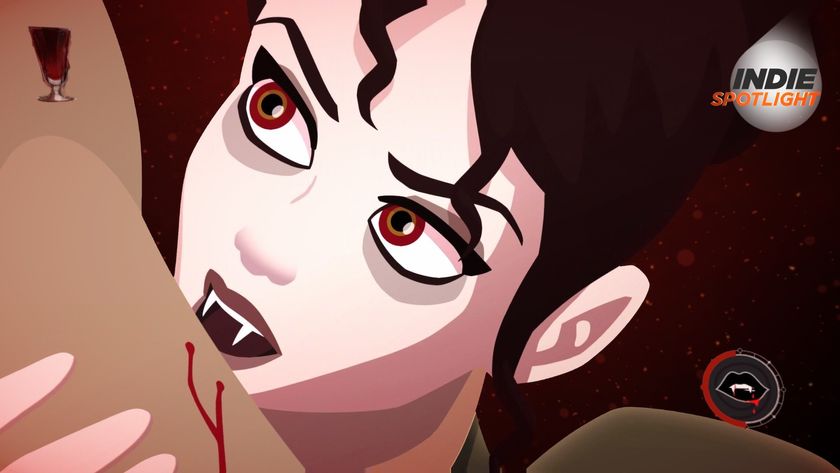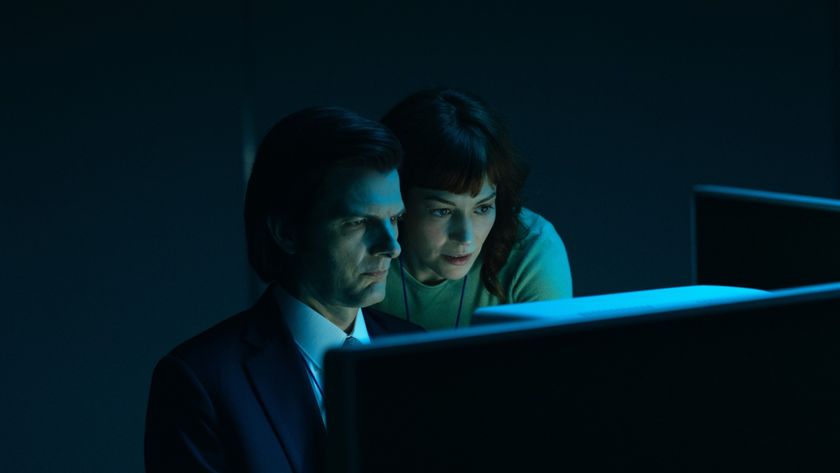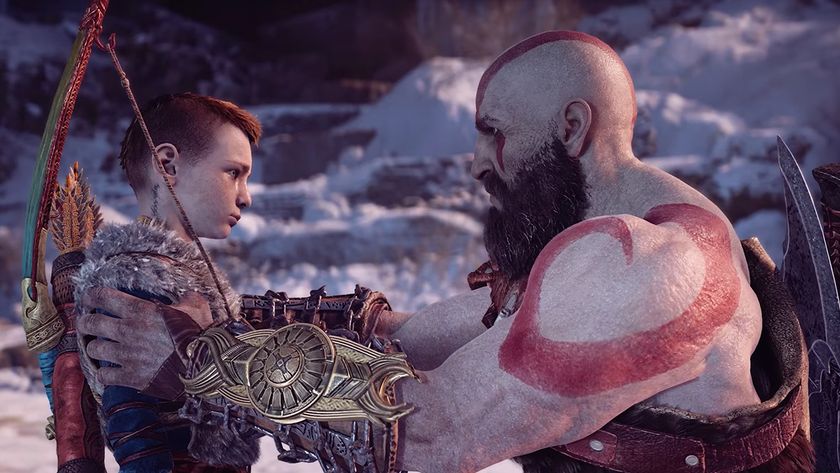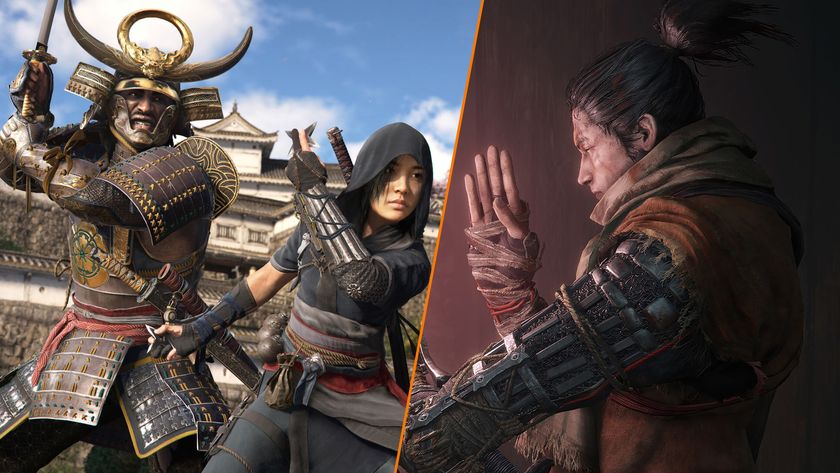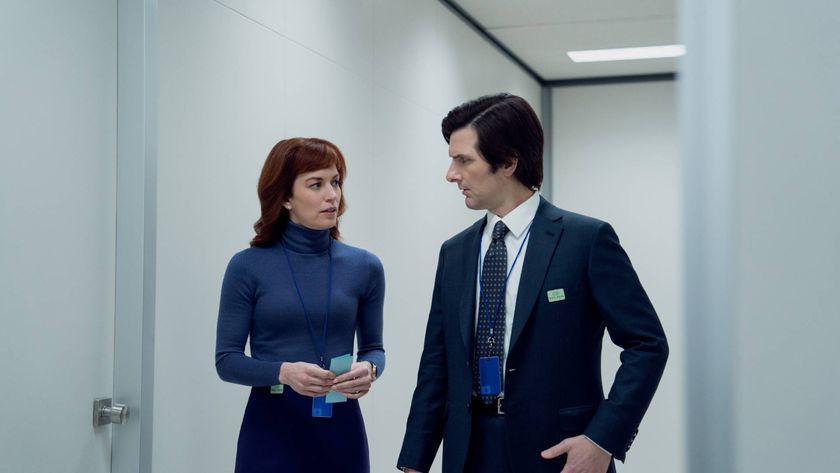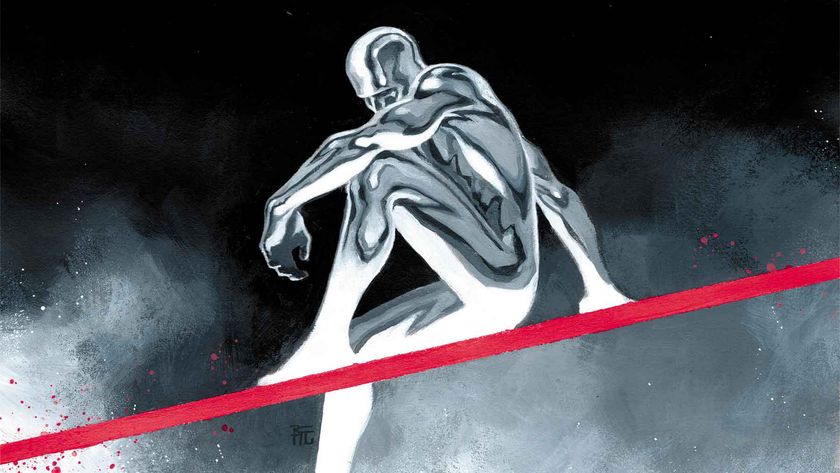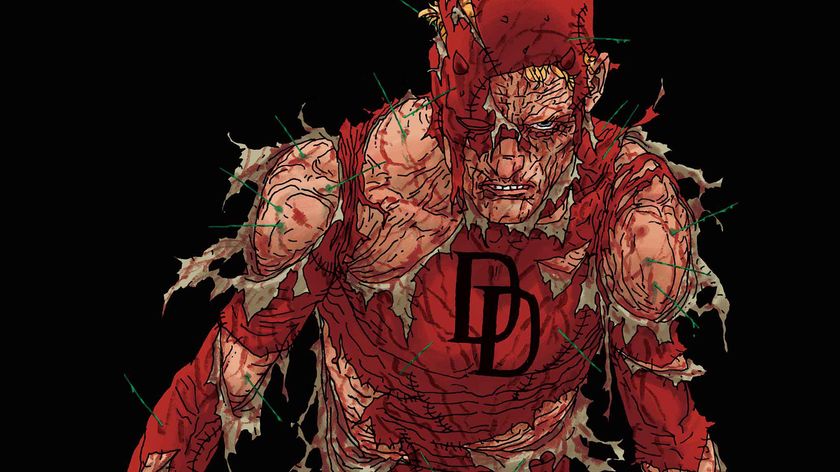Driveclub VR just made me a whole lot better at racing games, and I barely had to try
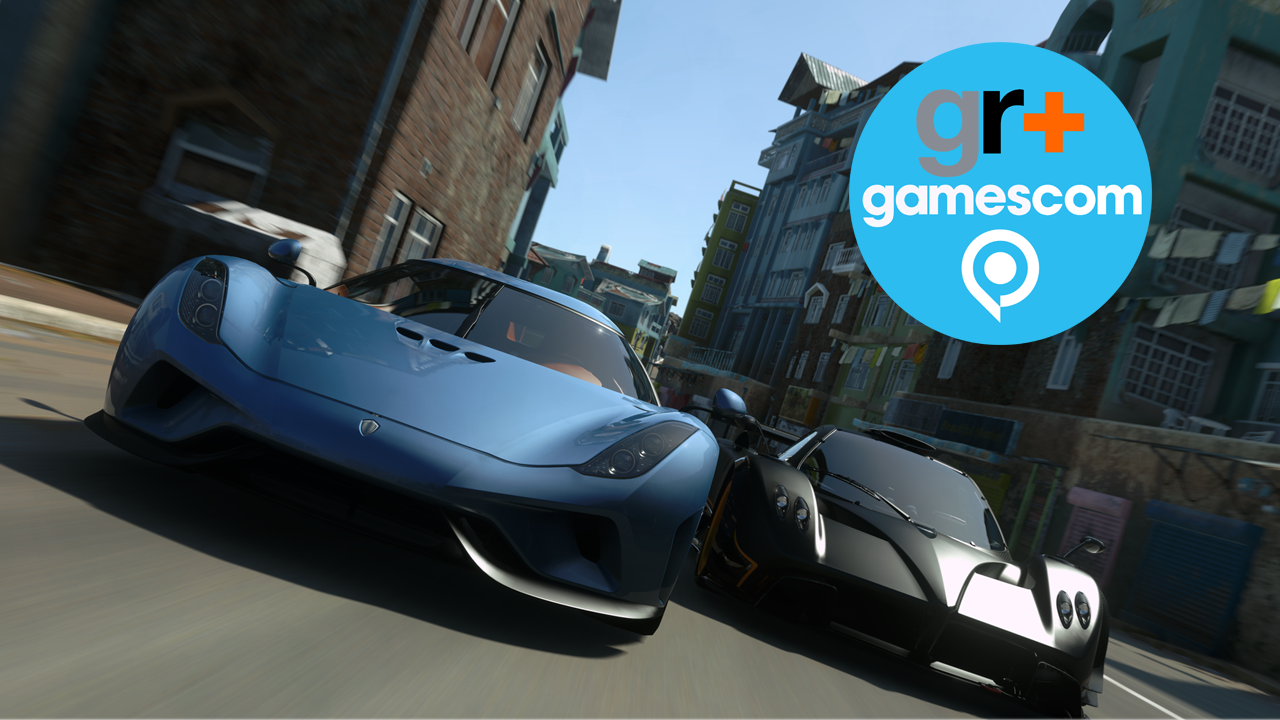
Mario Kart excepted, I'm not the best in the world at racing games. I'm not bad, by any means, but it takes me a little while to get properly calibrated to a new driving sim’s feel. The nuances of the handling, the freedom - or not - of the drifting, the stickiness of the brakes… All of these things take a little while to become instinctive. If you'll forgive me a rather obvious metaphor, my first evening with and new racer is all kicking the tires and tuning myself up.
But not so in Driveclub VR. Because as well as being a deeply fun, evocative driving experience, Driveclub VR does something really quite important for the format. It acts as an instant, resounding, unmistakable worked example of how VR is going to change even the most established, well-honed genres. How it's fundamentally going to make them different, more physical, and just, well, easier.
Not that it's dumbed down at all. This is proper Driveclub, fully featured and with the exact same blend of sim-style demands wrapped in the same accessibly arcadey veneer. I realise that much as soon as I start pinballing off corners and performing impromptu drifts in the middle of straights. Look, I've accidentally picked the slidiest car and I haven't played Driveclub in a while, okay?
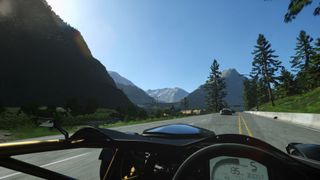
Anyway, yes, this is proper Driveclub, just in VR. That's the first thing that hits me.
Actually no, the first thing that hits me is the sheer sense of air and space around me. One of the best tricks of good VR is the way that it can turn the most literally claustrophobic gaming space imaginable - a tiny black theatre wrapped around your fricking head - into a tangibly wide, open space. And Driveclub VR is very good VR. One moment I'm in a hot, pokey booth on Sony's Gamescom stand, the stale air thick with the collective sweat and lunches of the entire game industry, the next I can feel miles of open countryside around me. I can sense that, yes, the sea and the sky are exactly as far away as they look to be. My brain convinces itself that it can actually smell fresh air.
And then I start pinballing off corners.
But that's because at this point I'm wasting Driveclub VR. I'm treating it like a mere ambience amplifier, a means of adding background immersion as I spin my car around in distinctly non-record-breaking circles. I'm treating it like a 3D monitor with an added sense of place. But then I remember that it's not. I remember that good VR is about using real player-presence to turn that player into a fundamental system of the game. There's a reason it's called virtual reality, after all.
Sign up to the GamesRadar+ Newsletter
Weekly digests, tales from the communities you love, and more
And then I start doing a lot better at Driveclub VR.
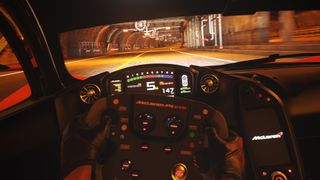
I start looking into curves way in advance, by just turning my head and leaning into where I'm going. I stop looking for apexes and calculating cornering angles like I'm playing some kind of video game. I stop looking at the car’s noise as an indicator of how far over or under I'm steering. I just start driving a car. Because I can do that in real life, and so I can do it in VR too. And suddenly I'm really good at Driveclub.
Because that's the great thing about VR. The genuinely important thing. It's not just about immersive, 3D ambience, or the gut-wrenching sense of rollercoaster speed as you floor the pedal on a downhill stretch, or the way that you psychosomatically shudder when you hit a wall, becoming a meaty extension of the steering wheel’s force feedback. It is about all of those things, of course. And Driveclub VR does all of them very well. But it's really about the way that all of these things, and more, combine to strip away all of the video game artifice, all of the control abstractions and long-learned shortcuts, and just makes doing the thing the means by which you play.
I can drive, so I can play Driveclub VR. But I can't drive nonsensically expensive sports cars around Mediterranean coastal overlooks like expense and mortality are no consideration. Except that now I pretty much can. Sort of.
Because Driveclub VR is very good VR.
